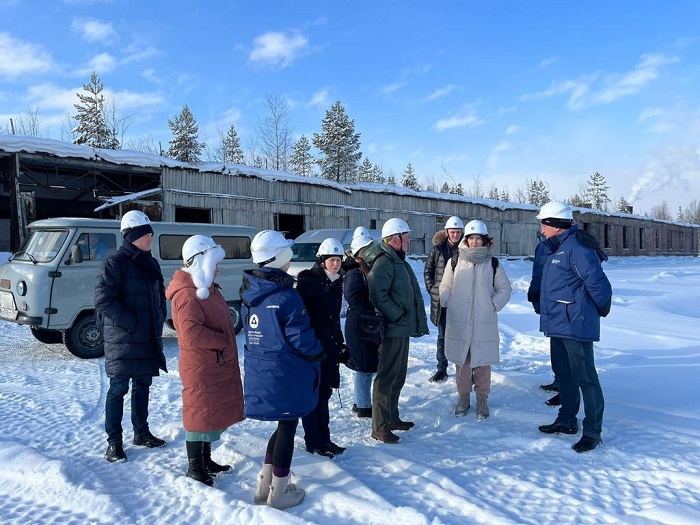A complex of measures to bring the facilities to a safe state is planned to be completed within the next four years.
Experts from UNESCO and the International Union for the Conservation of Nature and Natural Resources visited the industrial site of the former Baikal Pulp and Paper Mill JSC (BPPM JSC) as part of the next monitoring mission of the Lake Baikal World Heritage Site where the Federal Environmental Operator (ROSATOM’s entity) is successfully implementing a number of measures to bring the site to a state safe for the environment and public health. The facilities subject to the elimination of accumulated environmental damage caused by the former BPPM JSC were the first places visited by the UNESCO monitoring mission in Russian Federation.

Stanislav Zhabrikov, Director for the Implementation of Environmental Projects of the Federal Environmental Operator (FEO FSUE, ROSATOM’s entity), told the experts about the approaches to choosing design and process solutions and familiarized them with the current status of the work. “A set of measures and process solutions proposed by our specialists takes into account both the characteristics of accumulated industrial waste and the geological specifics of the sites. A multi-stage purification technology, which includes more than ten different stages, intended for use for the neutralization of slime waters and alkali-containing runoff, enables to meet the most stringent environmental standards. I would like to draw attention to the fact that the process solutions of the project were subject to a separate expert review by the Scientific Council on Global Environmental Problems of the Russian Academy of Sciences,” he said.
To date, the facilities have almost completed the preparation of construction sites and process areas, where the main process equipment will be placed. The foundations for future sewage treatment facilities are being built, and the necessary engineering and transport infrastructure is being created.